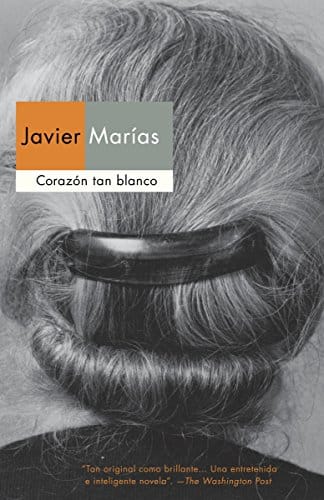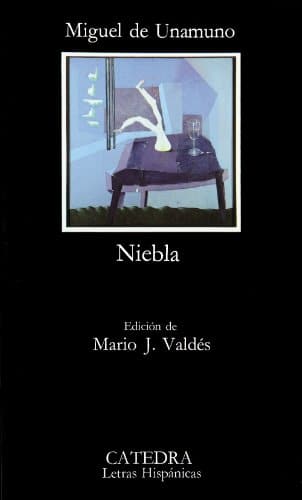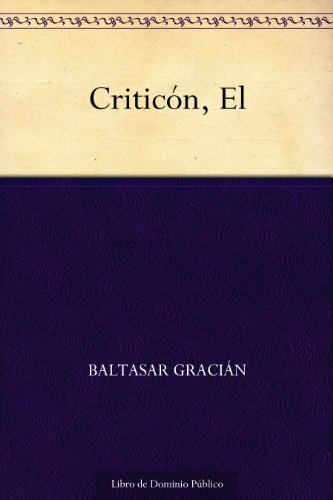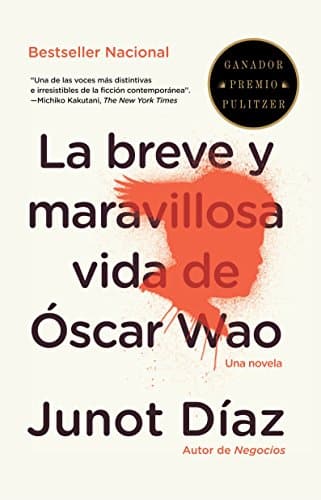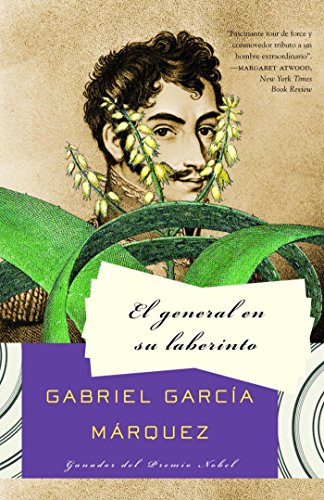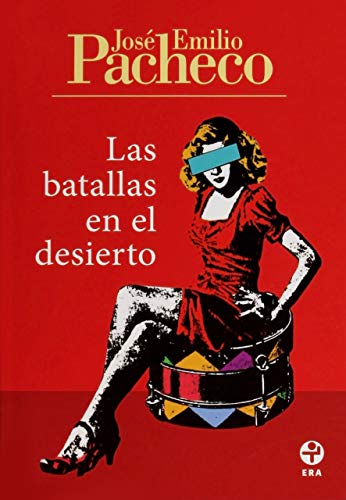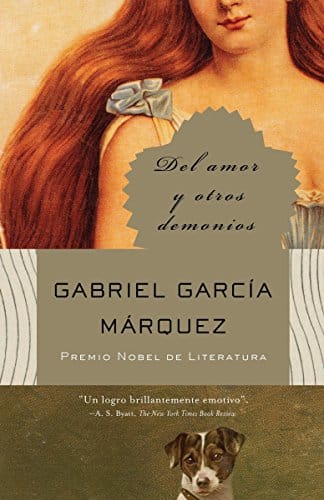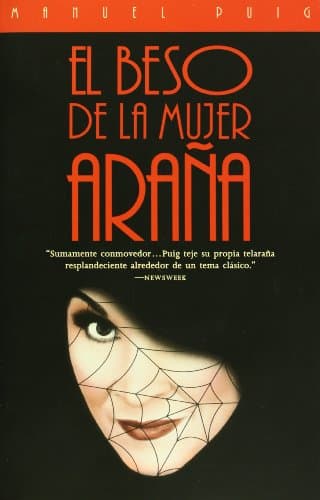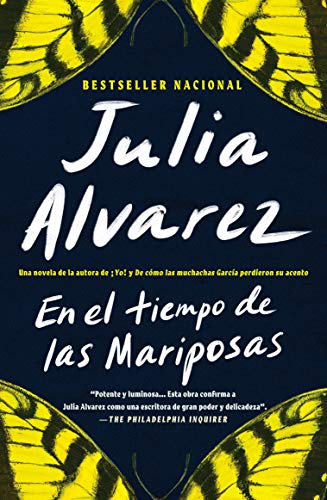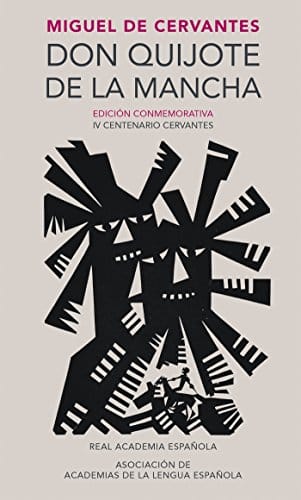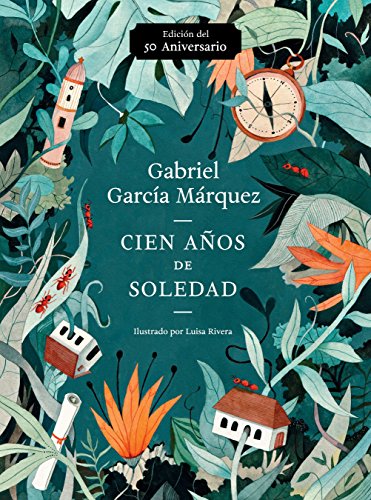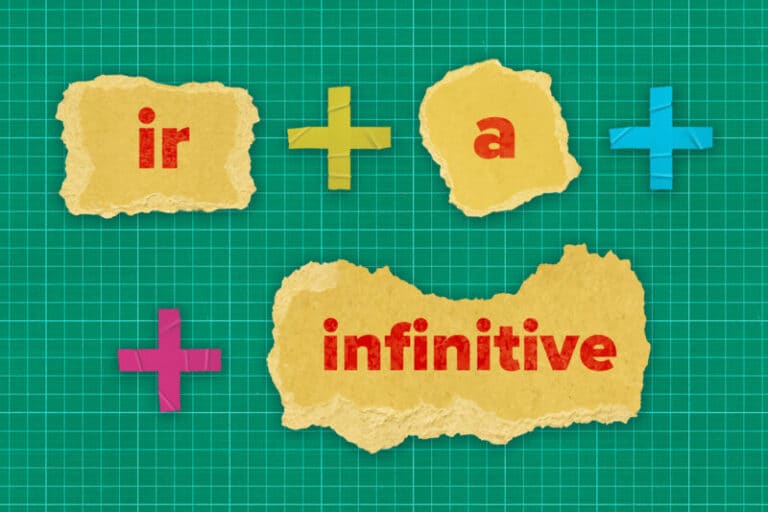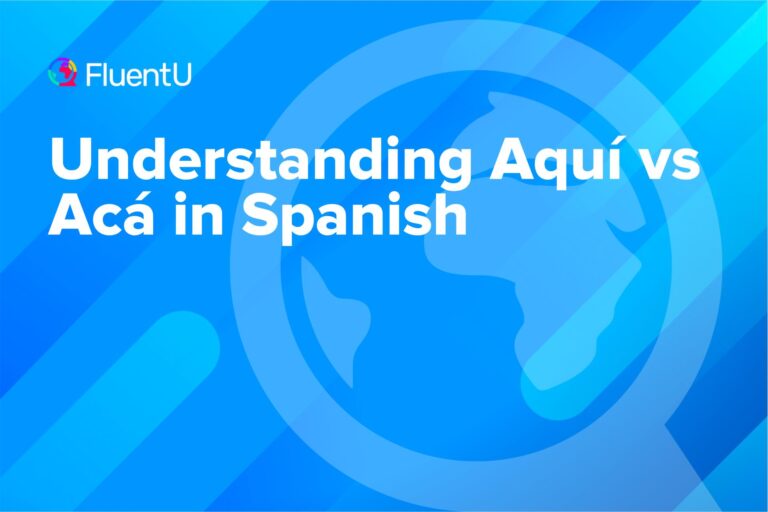Contents
- 1. Corazón tan blanco
- 2. Niebla
- 3. El obsceno pájaro de la noche
- 4. La casa de los espíritus
- 5. El criticón
- 6. La breve y maravillosa vida de Oscar Wao
- 7. El general en su laberinto
- 8. Las batallas en el desierto
- 9. Del amor y otros demonios
- 10. El beso de la mujer araña
- 11. En el tiempo de las mariposas
- 12. Don Quijote de La Mancha
- 13. Cien años de soledad
- 14. Como agua para chocolate
- 15. La sombra del viento
- How to Learn the Language with Spanish Books
- And One More Thing…
15 Best Spanish Books (Updated 2025)

If you’re a Spanish speaker or learner, picking up a good Spanish book is never a bad idea. Most popular Spanish books also have translations in English and other languages, so they’re fully accessible around the world.
We’ve compiled a list of 15 of the best Spanish books for anyone looking to add some great options to their reading list. These books are some of the very best of Spanish literature and will keep you entertained as you immerse yourself in their stories.
Download: This blog post is available as a convenient and portable PDF that you can take anywhere. Click here to get a copy. (Download)
1. Corazón tan blanco
Author: Javier Marías
English title: A Heart So White
This Spanish novel penned by Madrid native Javier Marías was a defining literary work of the 1990s.
The story delves into the life of a married man, using flashbacks to tell us about his past and a tragedy that occurred before he was born that would affect his entire life.
The novel ultimately focuses on what it means to be married, and the pain inherent to being in love. It also speaks to the imperfect and biased nature of memory.
2. Niebla
Author: Miguel de Unamuno
English title: Mist
“Niebla” is one of the defining novels of Miguel de Unamuno’s career. The story features a young man who seeks meaning in his life after the death of his mother.
He befriends a young woman and attempts to win her affection but faces several obstacles in the process. The novel explores the hardships of love, youth and the search to find life’s purpose.
De Unamuno’s words beautifully speak to the human spirit. He is, in fact, quite well-known for his quotes.
3. El obsceno pájaro de la noche
Author: José Donoso
English title: The Obscene Bird of Night
Chilean author José Donoso was a preeminent writer of the magical realism movement, which combines traditional fiction with magical elements and is an iconic part of Latin American history.
In this 1970 novel, the author examines how obsession and the accompanying anguish lead to suffering, including physical manifestations of fears.
Donoso uses allegory to depict deep psychological turmoil in a person and excels at using imagery to depict emotion with an element of terror.
4. La casa de los espíritus

Author: Isabel Allende
English title: The House of Spirits
This is Chilean author Isabel Allende’s first novel. Set against a backdrop of political upheaval, it weaves magical realism with the tumultuous history of Chile.
The story follows the Trueba family through generations. Esteban Trueba’s rise from poverty to wealth is entwined with the mystical abilities of his wife Clara and the family’s connection to the spirit world.
Allende’s lyrical prose and intricate storytelling create a rich tapestry that captures the complexities of human relationships and the enduring impact of personal and political choices.
5. El criticón
Author: Baltasar Gracián
English title: The Critics
Published in the 1600s, this novel, along with “Don Qujiote” and “La celestina,” is considered one of the three iconic works of classic Spanish writing.
The story is told through the eyes of two men: the naïve Andrenio and the wise Critilo. Baltasar Gracián treats his protagonists as philosophers showing what is right and wrong.
This work is an epopeya, an epic form of literature that revolves around a hero and ultimately serves as a tale of morality. Many of the book’s ideas remain relevant today.
6. La breve y maravillosa vida de Oscar Wao
Author: Junot Díaz
English title: The Brief Wondrous Life of Oscar Wao
This novel was originally written in English with some Spanish words sprinkled throughout, but the Spanish translation is just as good.
A contemporary piece of literature, it examines what it’s like to be a Dominican and first-generation American. Díaz uses his own story to craft a tale that hits close to home.
You’ll get some insight into Spanish culture and a peek into the effects of politics on society, as the book takes place during the Rafael Trujillo dictatorship that lasted for 31 years.
7. El general en su laberinto
Author: Gabriel García Márquez
English title: The General in His Labyrinth
Gabriel García Márquez is one of the most celebrated Latin American authors the world has seen, winning the Nobel Prize for Literature in 1982.
This book focuses on a fictional general meant to represent Simón Bolívar, the leader and liberator of Colombia, in his last days, which were plagued by disease.
The work ultimately shows how even the most noble of men can succumb to the limits of the body, as the author portrays just how much Bolívar gave for his country by describing how worn out he is.
8. Las batallas en el desierto
Author: José Emilio Pacheco
English title: The Battles in the Desert
Mexican writer José Emilio Pacheco was also considered to be among the greatest writers of the 20th century.
In this short novel, a man named Carlos narrates his childhood, effectively weaving his story with the social and political turmoil in Mexico during this time.
The book touches on the six-year-long presidential tenure of Miguel Alemán, the morality in Mexico in the 1940s and the influence of American pop culture. The book is semi-biographical but ultimately fictionalized.
9. Del amor y otros demonios
Author: Gabriel García Márquez
English title: Of Love and Other Demons
Much like in “El general en su laberinto,” we see a character slowly wither away due to illness in this 1994 novel.
The story features a girl in 18th-century America who’s bitten by a dog and ends up with rabies. She’s dying in her bed, desperately clinging to some hope that would relieve her of her situation.
The author forces us to face our own mortality, the most important and basic element of life, and asks us to consider religion in the face of this inescapable truth.
10. El beso de la mujer araña
Author: Manuel Puig
English title: Kiss of the Spider Woman
Reading almost like a play due to its heavy dialogue, this novel depicts an ongoing dialogue between two cellmates who develop a friendship.
The story delves deep into the underbelly of crime in Argentina and explores homosexuality in the 1970s, an important decade for same-sex rights in Argentina due to a civil revolution.
The value of a human being is at the crux of this novel, and Puig’s characters deliver a clear message that we all deserve respect.
11. En el tiempo de las mariposas
Author: Julia Álvarez
English title: In the Time of the Butterflies
This incredible novel by Dominican author Julia Álvarez tells the story of the three Mirabal sisters who stood up to Dominican dictator Trujillo during his tyranny, which was especially harsh on women.
The narration of the sisters and their analysis of their country’s situation helps paint a picture of the rebellion and the irreverence that marked their character.
The outspoken sisters were ultimately assassinated by Trujillo’s forces, but they have been immortalized in Dominican lore—including in this powerful book—as those who gave a voice to a suppressed country.
12. Don Quijote de La Mancha
Author: Miguel de Cervantes
English title: Don Quixote
This is one of the most translated and best-selling books in the world and is often considered the first modern novel. It was originally published in two parts in 1605 and 1615.
The story follows a Spanish man named Alonso Quijano who was a member of the lowest nobility class. Inspired by stories of chivalry, he takes up the name Don Quixote to become a knight and serve his country.
The book is considered both tragic and comedic, and has inspired numerous other works of art, including plays, operas, movies and other novels.
13. Cien años de soledad
Author: Gabriel García Márquez
English title: One Hundred Years of Solitude
Originally published in 1967, this novel is considered García Márquez’s magnum opus. The story follows the history of a fictional town through multiple generations of its founders, the Buendía family.
Using magical realism, the author shows readers a fictionalized history of Latin America with powerful themes including time, the past and the illusion of control.
This novel has had a major influence on literary forms around the globe and is one of the most important works of Hispanic and world literature.
14. Como agua para chocolate
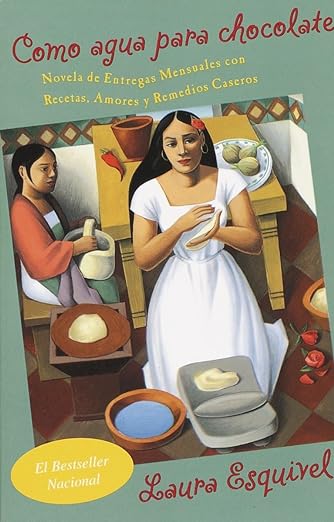
Author:
English title: Like Water for Chocolate
This is another magical realist novel and serves as a feast for the senses. The narrative unfolds in monthly installments, each correlating with a Mexican recipe.
The tale is set against the backdrop of the Mexican Revolution. Tita, forbidden from marrying due to family tradition, pours her emotions into her cooking, infusing the food with her moods.
Esquivel creates a delectable blend of romance and culinary enchantment, making the novel a sensory and emotional experience for readers. The novel was made into a film released in 1992.
15. La sombra del viento
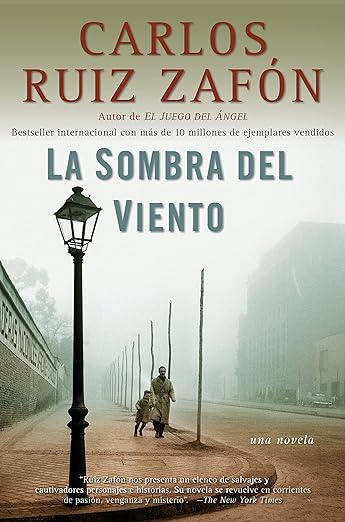
Author:
English title: The Shadow of the Wind
This captivating novel is set in post-World War II Barcelona. The story follows Daniel Sempere, who discovers a mysterious book by an obscure author named Julián Carax.
As Daniel delves into Carax’s life, he unravels a complex web of love, betrayal and mystery, interwoven with the city’s history. The narrative explores the power of literature and the enduring impact of the written word.
Zafón’s prose is both atmospheric and evocative, immersing readers in a mesmerizing literary adventure. The novel masterfully combines elements of gothic fiction, suspense and romance.
How to Learn the Language with Spanish Books
Reading Spanish books in their original language can be extremely beneficial for Spanish language learners. Here are some tips for getting the most out of your novel reading:
- Study the vocabulary. Note the frequently occurring terms that you don’t know, then add them to your study routine to expand your Spanish vocabulary.
- Dissect the grammar. Look for sentences with Spanish grammar patterns you’ve recently learned, or parse sentences with grammar you don’t know yet.
- Learn the culture. Choose novels set in a particular country or find books written by authors of a particular nationality to gain authentic exposure to Spanish culture and history.
If you’re still a beginner or lower intermediate Spanish learner, that doesn’t mean you can’t enjoy Spanish books. Check out these excellent Spanish books for beginners and try supplementing your reading time with other Spanish language media.
We recommend finding podcasts or movies that focus on similar topics as your novel to experience the vocabulary in additional contexts. Another option is an immersive Spanish language learning program, such as FluentU.
FluentU takes authentic videos—like music videos, movie trailers, news and inspiring talks—and turns them into personalized language learning lessons.
You can try FluentU for free for 2 weeks. Check out the website or download the iOS app or Android app.
P.S. Click here to take advantage of our current sale! (Expires at the end of this month.)

These Spanish books cover a vast array of topics, themes, writing styles and genres.
They’re all some of the most popular and influential pieces of literature ever written by the masters of the Spanish language.
So, which one are you going to read first?
Download: This blog post is available as a convenient and portable PDF that you can take anywhere. Click here to get a copy. (Download)
And One More Thing…
If you've made it this far that means you probably enjoy learning Spanish with engaging material and will then love FluentU.
Other sites use scripted content. FluentU uses a natural approach that helps you ease into the Spanish language and culture over time. You’ll learn Spanish as it’s actually spoken by real people.
FluentU has a wide variety of videos, as you can see here:

FluentU brings native videos within reach with interactive transcripts. You can tap on any word to look it up instantly. Every definition has examples that have been written to help you understand how the word is used. If you see an interesting word you don’t know, you can add it to a vocab list.

Review a complete interactive transcript under the Dialogue tab, and find words and phrases listed under Vocab.

Learn all the vocabulary in any video with FluentU’s robust learning engine. Swipe left or right to see more examples of the word you’re on.

The best part is that FluentU keeps track of the vocabulary that you’re learning, and gives you extra practice with difficult words. It'll even remind you when it’s time to review what you’ve learned. Every learner has a truly personalized experience, even if they’re learning with the same video.
Start using the FluentU website on your computer or tablet or, better yet, download the FluentU app from the iTunes or Google Play store. Click here to take advantage of our current sale! (Expires at the end of this month.)
